Olivia Armandroff
Olivia Armandroff is a third-year Ph.D. student in the department of Art History with a focus on twentieth-century American art. Her dissertation examines how the volcano, as geological process, material trace, and Indigenous cosmology, animated diverse artistic engagements with Hawaiian land and landscape from the islands’ pre-contact era to the present day. Its five chapters comprise a visual ecology oriented around the volcano’s natural forms—molten lava, hardened turf, loose basalt, petroglyphs, and burnt trees—addressing the work of settler- and tourist-artists alongside both long-established Indigenous material culture traditions and the more recent work of contemporary Native artists.

Jeremy Chua
Jeremy Chua is a business and economic historian with a focus on Modern China and the Transpacific. Themes and concerns from aviation history, the history of capitalism, visual and consumer culture, state-directed development, Sino-foreign JVs, and spatial data sciences collectively animate his research on 100 years of Chinese aviation.
By approaching Chinese foreign policy through the unfolding empirics and culture of its aviation complex, Jeremy’s dissertation project seeks to articulate how flight, culture, and nationalism converged in the construction of China’s aviation complex, posing the critical questions of what it meant to be “modern” and “Chinese.” It is perhaps only in reading the cultural, technological, and organizational logics of the Chinese aviation complex at work with forces of capital and change (largely) driven by American and Japanese interests in the transpacific that we can coax out the “infrastructural state” that has come to characterize contemporary Chinese statecraft, its developmental objectives, and its welfare goals.
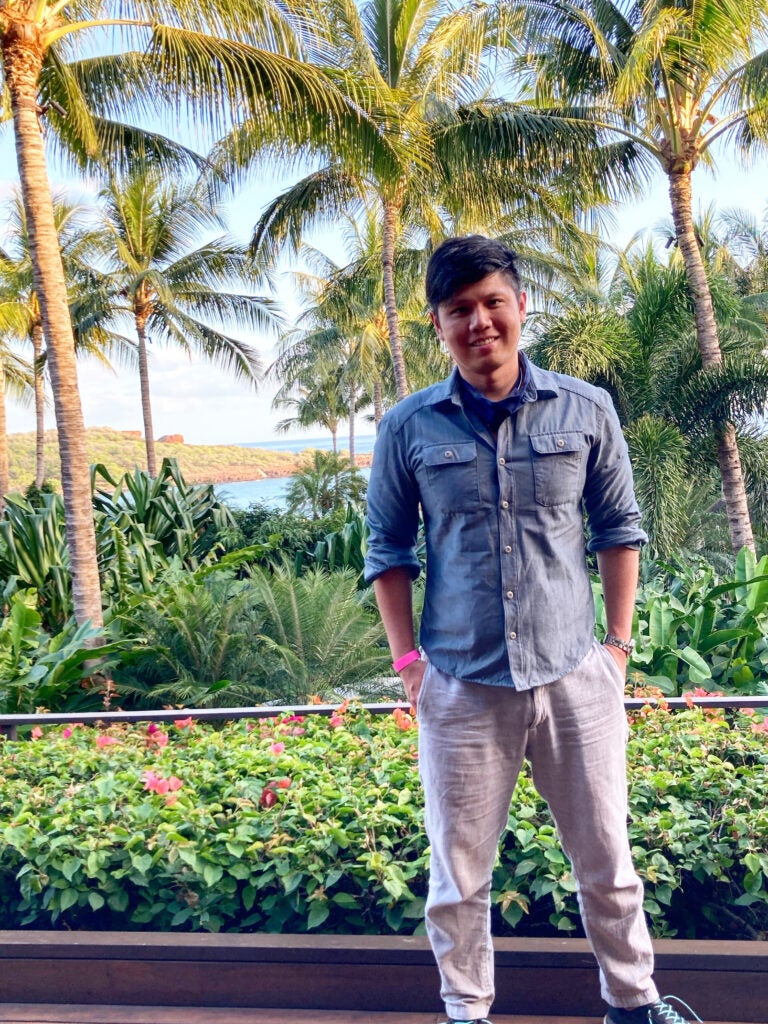
Karlynne Ejercito
Karlynne Ejercito is a PhD candidate in the department of American Studies and Ethnicity. Her research broadly considers the technological development of US empire and racial capitalism, with a specific focus on how scientific management shaped colonial administration in the Philippines. As a fellow at the Center, she extends the historical scope of her investigations to postwar reconstruction and conditions of political sovereignty that distinguished the Philippines from other U.S.territories. Her dissertation builds on this work by looking to the forms of immaterial labor that were molded by military technologies and Cold War geopolitical strategy. Beginning with a commodity study of the manila folder and the colonial bureaucracy which necessitates it, her dissertation provides a longer context for information services American firms now routinely outsource to Filipino workers at the other end of the transpacific. In its account of how knowledge about the United States’ new possession was processed, the project examines the material life of knowledge production and its role in the making of a Philippine state.

Zavi Kang Engles
Zavi Kang Engles is a poet, writer, and PhD student in the department of American Studies and Ethnicity. She holds an MA in Social Sciences from the University of Chicago and an MFA in Creative Writing from Naropa University. She is broadly interested in Asian American studies, contemporary literature, unnatural ecopoetics, affect theory, and embodiment. Her current research focuses on Korean American shamanism as it relates to decolonial art and healing practices.

Katherine Hammitt
Katherine Hammitt is a Ph.D. candidate in the French and Francophone Studies track of the Comparative Studies in Literature and Culture program where she works on literature from francophone Oceania. Her dissertation, Beyond the Sea that Separates, explores the diverse and innovative texts that define the literary community of the transpacific region. As a Transpacific Studies fellow, she will conduct supporting research for her dissertation, traveling to Tahiti for 2022’s Salon du Livre in Papeete. Her research is more broadly focused on comparative francophone literatures and translation studies.

Brad Hammond
Brad Hammond is a PhD student in the Van Hunnick History Department at the University of Southern California. His research focuses on post-WWII Japanese corporate expansion into the United States. His current project investigates the transpacific political dimensions of Japanese corporations’ entry into retailing and urban redevelopment in early 1960s Los Angeles.

Huan He
Huan He is a Ph.D. candidate in the Department of American Studies & Ethnicity and a recipient of a USC Research Enhancement Ph.D. Fellowship (2019-2020). Currently titled The Racial Interface: Informatics and Asian/America, his dissertation explores the racial associations linking the Asiatic and the technological in the early digital era from 1942 to 1984. Through Asian/American literature, art, and history, The Racial Interface shows how liberal capitalism’s experiments with individualism, efficiency, and representation became bound to the rise of digital power in the 20th century. This focus also overlaps with other interests in digital game studies, speculative fiction, and poetics. His scholarly writing can be found in American Quarterly, College Literature: A Journal of Critical Literary Studies, Journal of Asian American Studies, and Media-N. He also writes poetry, which appears/is forthcoming in Beloit Poetry Journal, A Public Space, Colorado Review, Gulf Goast, and elsewhere.
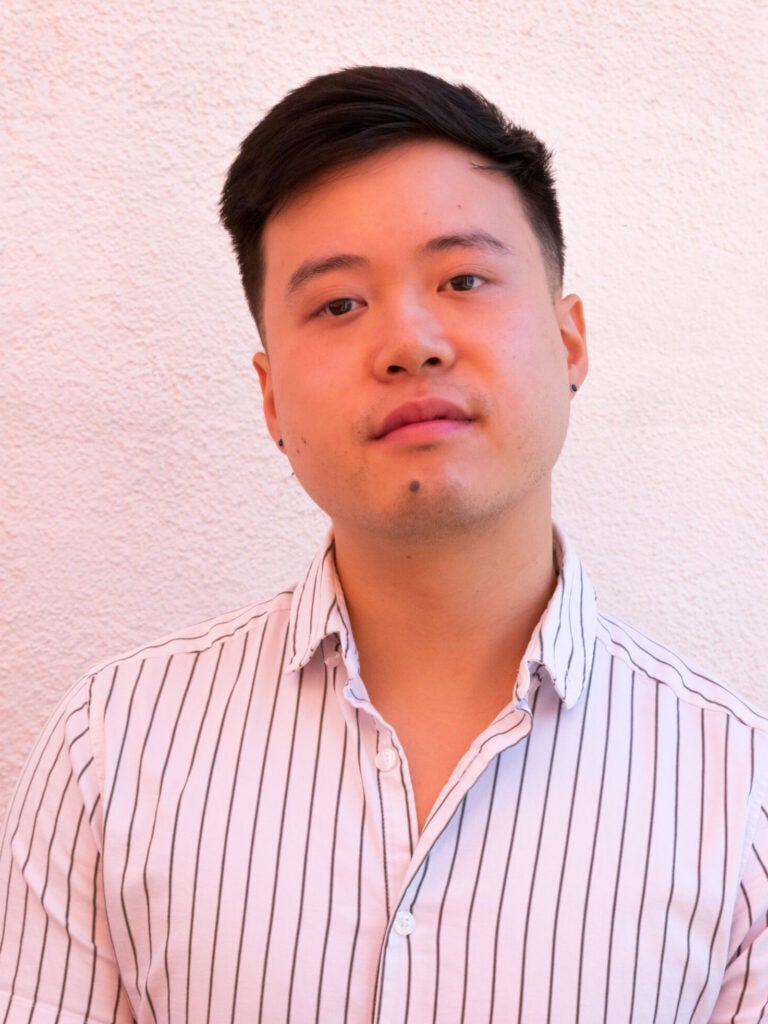
Ke “Maddie” Huang-Isherwood
Ke “Maddie” Huang-Isherwood is a licensed attorney and PhD candidate at the USC Annenberg School interested in cross-cultural comparisons of information communication technology (ICT) users from transpacific countries. Her research has investigated communication, psychological, and sociological theories among ICT users from Brazil, China, Japan, South Korea, and the U.S. That work has been presented at academic conferences and published at peer-reviewed journals. Her dissertation project centers on how U.S. employment-based and family-based immigrants employ ICT to attenuate the relationship between social identity and social capital, and will be carried out in Chinese, English, and Spanish. She hopes the project will offer insight into the immigrants’ ethnic assimilation and resilience.

Yuji Idomoto
Yuji Idomoto is a Ph.D. student in Political Science and International Relations. His research interests include International Relations theory, East Asian security, and Japanese foreign policy. His dissertation project examines the security implications of China’s rise to East Asian states’ military effort. By granularly analyzing the threat level, this project intends to explain why East Asian states have not increased their military effort to counter China’s rise. Part of the project examines the intersection of political economy and security, specifically how East Asian states’ expectation of future trade relationships with China influences their security policy. Before joining USC, he worked as a deputy director at the Ministry of Defense and the Cabinet Office in Japan.
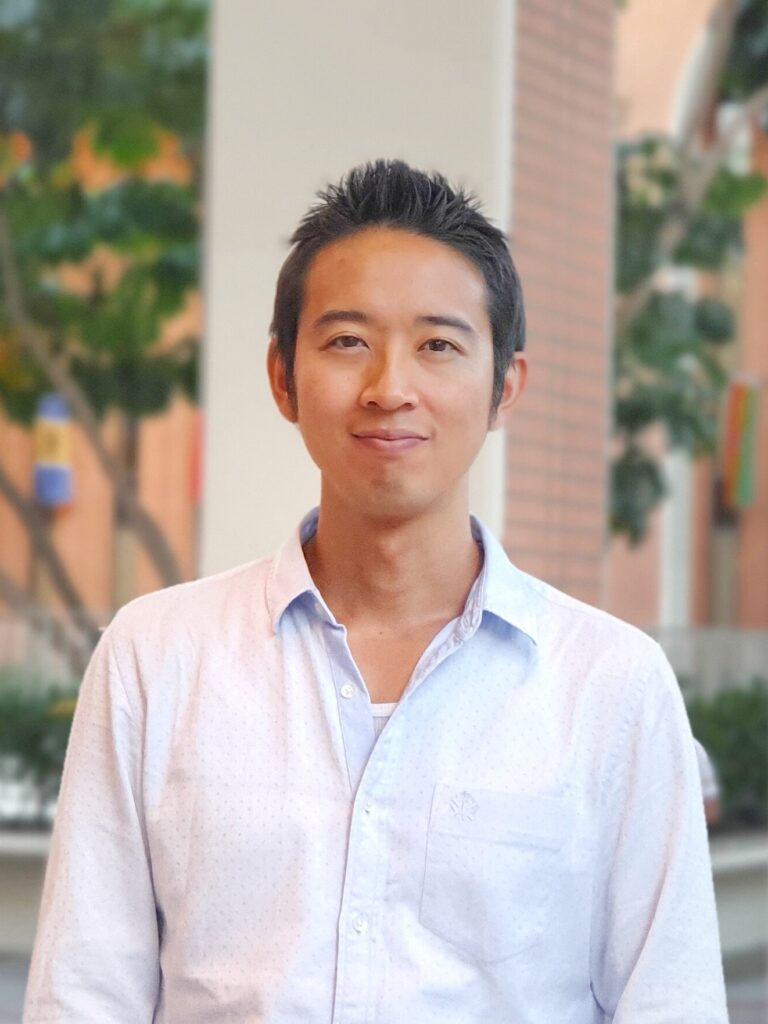
Sam Ikehara
Born and raised on O‘ahu, Sam Ikehara is a Ph.D. candidate in American Studies & Ethnicity. Her dissertation, Atmospheres of Relief: Air and Militarism in the Pacific Ocean, investigates air across Asia and the Pacific Islands as a site of U.S.-Japanese interimperial violence that is actively contested through movements for demilitarization and sovereignty built around air, breath, and wind. Her research was awarded the Best Graduate Student Paper Award from the Association of Asian American Studies and an honorable mention from the American Studies Association’s Gene Wise-Warren Award. It has also been published in Verge: Studies in Global Asias.
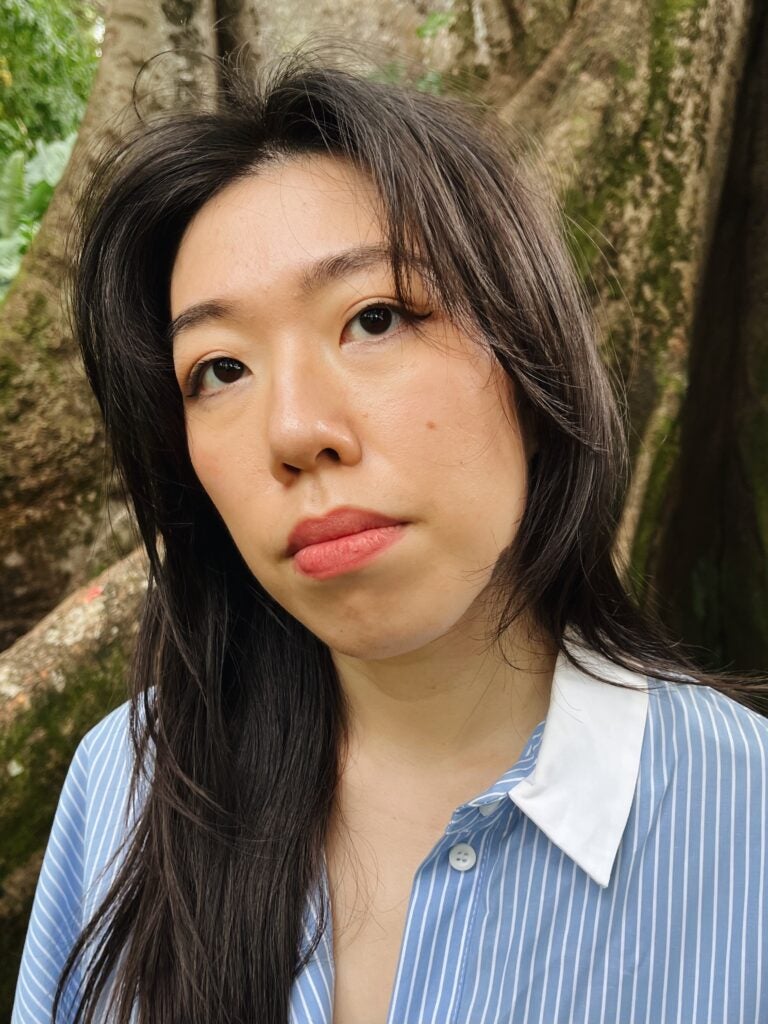
Minji Kim
Minji Kim is a PhD student in the Division of Cinema and Media Studies at the University of Southern California. She holds an MA in Cinema and Media Studies from USC and a BA in Cinema Studies from the Korea National University of Arts. Her research interests encompass documentary and non-fiction films, environmental media studies, and oceanic & island studies. Focusing on the islands across the Pacific such as Jeju in South Korea, she looks at the relationship between each island’s media landscape and the history of imperialism, militarism, and extractivism. Her research projects include state-sponsored films and the making of environmental subjectivity in South Korea, platformed nature documentaries, and underwater photography in nonfiction film.

Wooyoung Kim
Wooyoung Kim (she/her) is a PhD candidate in the Department of English. Her areas of interest include representations of queer/lesbian desire and sexuality, yuri subcultures, East Asian/American popular culture, and speculative fiction. Spanning across visual and literary mediums, her work identifies the emergence of a lesbian speculative imagination within queer East Asian/American popular culture, which situations the possibility of lesbian desire in East Asia through recourse to speculative genres such as fantasy and SF. In doing so, she hopes to highlight the centrality of these queer subcultures to formations of sexual and gender identity in East Asia and beyond, focusing on how the speculative becomes a vehicle through which we can explore the precarious affects and relationalities that animate queer and lesbian intimacies.

Lucas Iberico Lozada
Lucas Iberico Lozada is a PhD student in Literature and Creative Writing at USC, where he aims to combine rigorous scholarship with an expansive creative practice in developing a cultural history of “the Americas” that pushes past the limitations of national imaginaries. As a Transpacific Studies fellow, he will be researching the literary and bureaucratic connections between Manila and Acapulco in order to better understand the Pacific as a key site of importance for the formation of “the Americas” both as a concept and material fact.

Chloe Luu
Born and raised in France, Chloé Luu is a Ph.D Student in Comparative Studies in Literature and Culture (CSLC) at the University of Southern California, with a designated emphasis in French and Francophone Studies. Her research centers the racial formations of Asians in France and their long history of racialization and politicization separately from Black and North-African communities. While her project begins with recent reappropriation of race and antiracist discourse, she hopes to complicate and trace the gaps in the genealogy of French Asian political movements by turning back to the historical figure of the “coolie” in the context of the French Empire and notably the French Pacific.
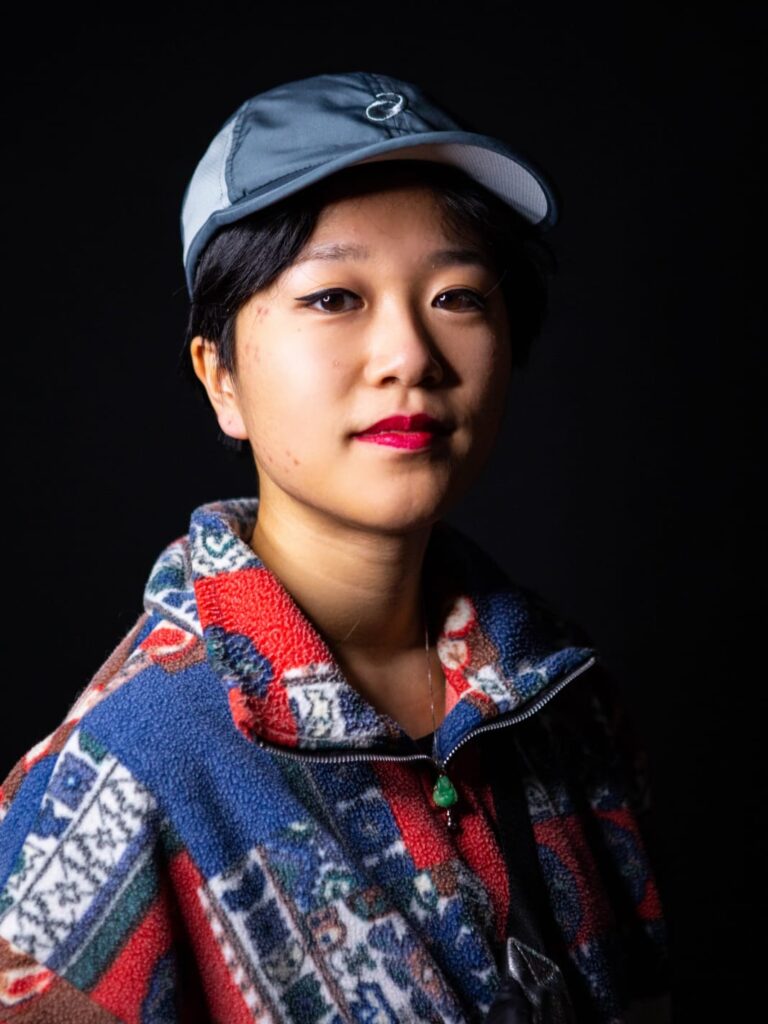
Issay Matsumoto
Issay Matsumoto is a PhD candidate in the Department of History at the University of Southern California. He received his BA from Tufts University, majoring in History and American Studies with a minor in Asian American Studies. With the support of the Center for Transpacific Studies, his dissertation explores the social consequences of economic restructuring across the U.S. Pacific empire by tracing the rise of Hawaiʻi’s tourism industry and its role in integrating the United States, Asia, and the Pacific Islands after the Second World War. His research has been supported and recognized by the Society for Historians of American Foreign Relations, Labor and Working-Class History Association, UCLA Asian American Studies Center, and various institutions at USC. His scholarship has been published in American Quarterly and the Journal of American Ethnic History.

Brooke McCallum
Brooke McCallum is a doctoral candidate who comes to transpacific studies by way of undergraduate training in East Asian Languages & Civilizations at Harvard University and her current work in Comparative Media and Culture at USC. Shifting from ethnographic methods and toward the study of how sights and sounds mediate experience, her research considers how the fraught dialogue between Ryukyuan, Japanese, and U.S. interests became enmeshed in broader discourse around the precarity of life in the Global South, as metaphor and the imagined places and possibilities of the Ryukyu Islands continue to emerge in spaces far removed from the open wound of wartime trauma.

Teraya Paramehta
Born and raised in Jakarta, Indonesia, Teraya Paramehta is a Ph.D. candidate in American Studies and Ethnicity, and on-track to receive a Graduate Certificate in Visual Anthropology, at University of Southern California. Her dissertation, tentatively titled (Re)Making Paradise: Race, Tourism, and the Aftermath of Violence in Bali, explores the production and construction of how Bali became paradise and how activists’ and residents’ responses to violence in Bali (e.g., the anti-communist mass killings of 1965-1966, the terrorist attacks of 2002 and 2005, and environmental injustice) disrupted and remade the imagined paradise. Reworking the idea of “entanglement” as a metaphor for transpacific lives, the dissertation suggests that “entanglement” becomes more permanent after violent rupture happens. Nonetheless, there are moments of loosenessbefore the seemingly harmonious threads are forcefully pulled into a knot, suffocating those who are entangled in the threads. Bridging anthropology of tourism and scholarship on postcoloniality in Transpacific Studies and Ethnic Studies, the dissertation adds to a growing conversation on tourism and militarism in Transpacific Studies, from which Bali/Indonesia is largely absent. Outside academia, Teraya Paramehta co-founded Mari Jeung Rebut Kembali, a Jakarta-based feminist collective that utilizes popular, creative, and alternative culture to fight gender-based violence in Indonesia.
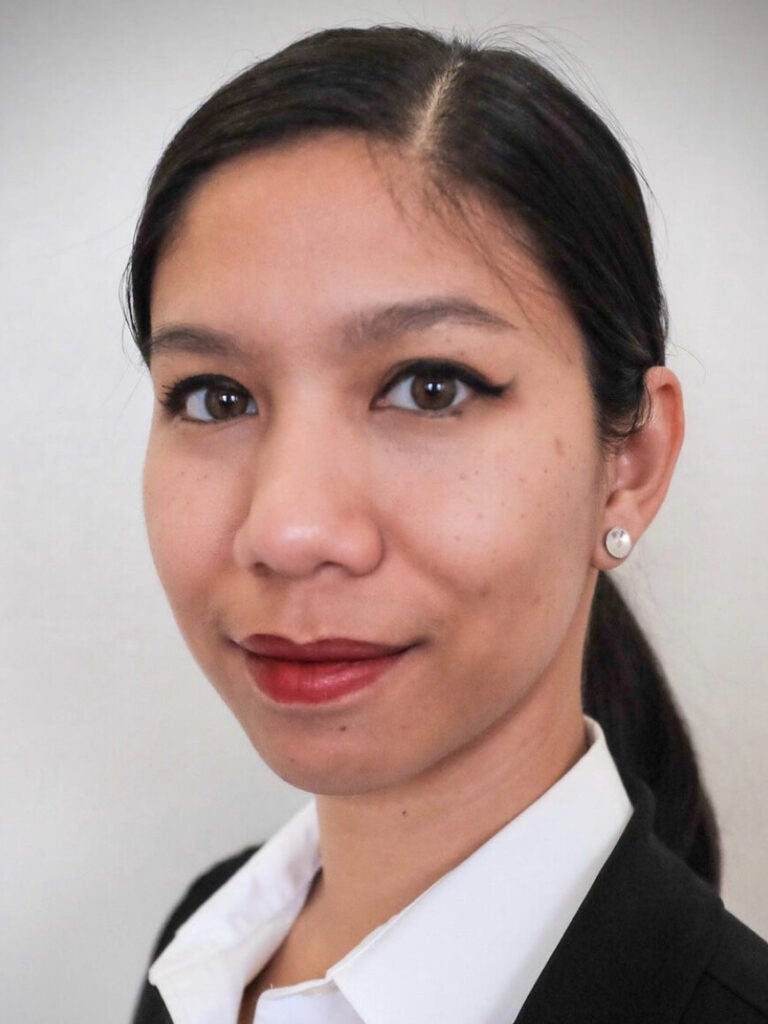
Jiwon Park
Jiwon Park is a Ph.D. student in the Division of Cinema and Media Studies at the University of Southern California, where she also received her M.A. Prior to joining USC, she earned her B.A.S. in English and Statistics from UCLA. She studies the Republic of Korea’s histories and imaginaries of computation, examining late-century corporate commercials, state-sponsored films, and manufacturing plants across the Pacific. Looking to Black feminist thought and digital theory, she attends to how such investments have extrapolated from petrocapitalism, racial capitalism, Silicon Valley, and speculative fiction.

Aydin Quach
Based on ethnographic work, Aydin’s dissertation project will be investigating the nature of knowledge making at queer nightlife events in Western North America as well as in District 1 in Saigon/Ho Chi Minh City. In sum, their research is invested in the worldmaking potential of queer Asian/American nightlife in online spaces (gaming), in the club scene (hosting/djing), the commercial music festival/circuit party (EDC, White Party), as well as the transpacific underground (the sex party, homepa/homepar). The question tying all of these together remains: “what might it mean to dance at the end of the world?”

Shaibal Dev Roy
Shaibal Dev Roy is a Ph.D. Candidate in English at USC, where he specializes in American literature and culture in the Long Nineteenth Century. His research combines theories of transnationalism with the literatures and histories of South Asia and the US. In dialogue with contemporary transpacific black studies, his project charts the history of the US-South Asia literary encounters, which formed revolutionary transits of radical anticolonialism. He recasts this archive as the site of a heterodox conception of a reordered future. His research is supported by fellowships from the Huntington Library, American Antiquarian Society, and the MLA, among others.

Grace Simbulan
Grace Simbulan is a filmmaker, 2nd year PhD student and Dornsife Fellow in the Anthropology department. Her works, both creative and academic, reflect her commitment to center and support
the struggles of Indigenous, Black, and Brown women. Broadly speaking, her interests lie within the intersection of multimodal methods (visual, aural, sensorial) and ethnography, with a special focus on dreams, indigeneity, and social justice. Her research delves into the complexities surrounding the families affected by the war on drugs in the Philippines. Her work explores trauma, grief, conceptions of justice, and authority in this context.
Her works have been supported and recognized by the AIDC, Tokyo Docs, AFA, and DMZ Docs to name a few. In 2020, she received the Nō Studios Artist Grant in film to support her work in Wisconsin. Her first feature film A IS FOR AGUSTIN (2019), premiered in S. Korea and was shown in China, Italy, France, New Caledonia, Canada, the Philippines, and the US. This film was also featured in CNN Philippines' Top 10 Filipino Films of 2019.
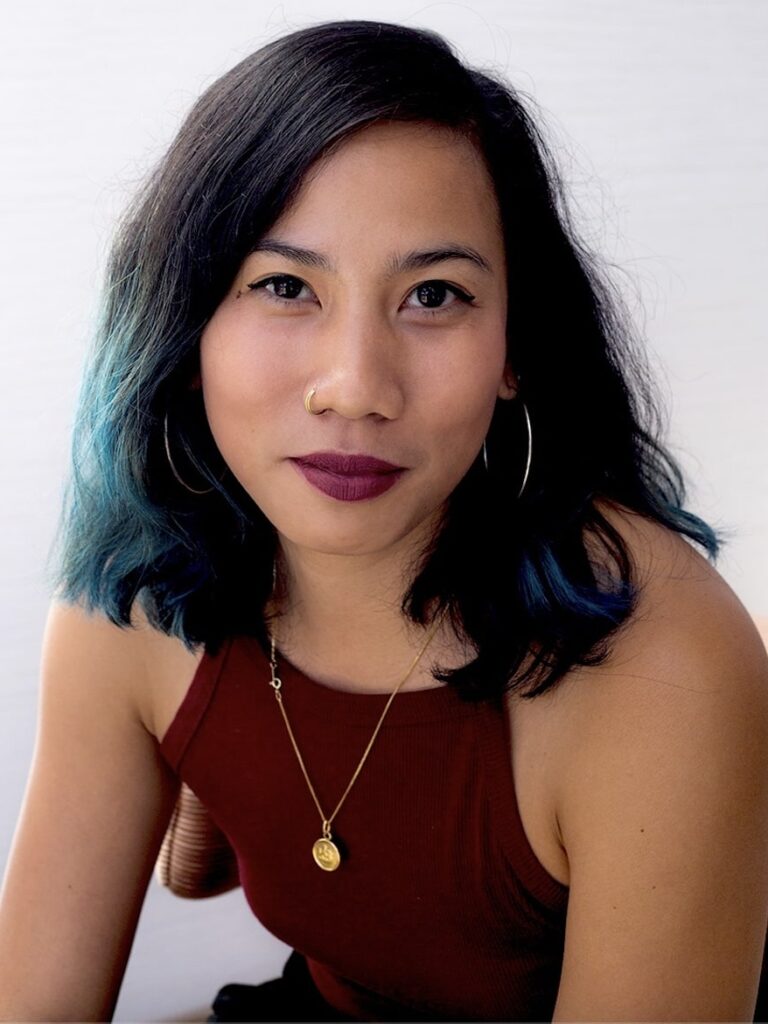
Audrey Storm
Audrey Storm is a Ph.D. candidate in the department of Art History with a focus on modern and contemporary art. Her dissertation reorients the study of Abstract Expressionism towards the West Coast and Asia to track its trajectories of internationalization throughout the Cold War Pacific Rim. To explore artistic, economic, and political ideas about the real and imagined transmission of culture and knowledge, her project connects artists throughout the United States, China, Japan, and the Northwest Coast nations, triangulating the relationships between modernist gestural abstraction, East Asian calligraphy, and Native Northwest Coast formline.

Shaoyu Tang
Shaoyu Tang is a PhD student in Anthropology at the University of Southern California. His ethnographic study focuses on the emergent Mandarian-speaking stand-up comedians in both mainalnd China and the US. This transpacific work aims to understand the construction of Chineseness, locally and globally. He is interested in the politics of different forms of storytelling, including visual, media, and performance, and practicing and experimenting with multimodal storytelling based on ethnographical research. His recent work on Chinese stand-up comedy and feminism is published in Global Storytelling: Journal of Digital and Moving Images.

Suiyi Tang
Suiyi Tang is a first year PhD student in American Studies and Ethnicity at USC. Her research traces the material and affective sensibilities of yellow femininities within post-1945 U.S. imperial culture. By tracking yellow femininities’ multiple emergences in literatures, cinematic captures, surveillance documents, and visual artifacts of the long Cold War, her work aims to map a minoritarian politics of the transpacific, in which yellow femininity, as a strategy of counterhegemonic embodiment and a structure of critique, connects the aesthetic forms of racialized gender to the macrostructural operations of imperial, subimperial, and interimperial political economy. Suiyi also writes fiction, which appears in/has been recognized by Best of the Net, Black Warrior Review, Apogee, Hobart Pulp, The Offing, Vol. 1 Brooklyn, among others.
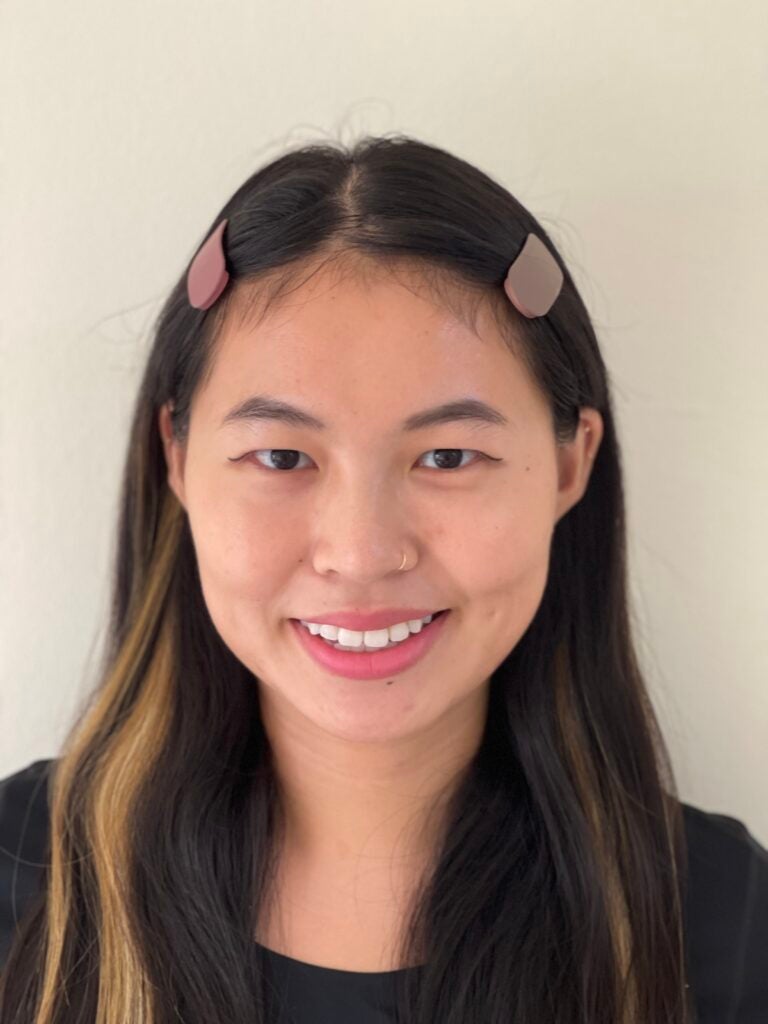
Tian Jing Teh
Tian Jing Teh (he/him) is a PhD student and Provost Fellow in the East Asian Languages and Cultures at USC. His research interests lie in transnational literature and media across Sinophone worlds, Chinese Korean/Indonesian popular culture, world/global studies, critical island and ocean studies, environmental media, border and migration studies. Remapping real worlds and imaginary world building of the “re-migrants” storytelling that travel from Southeast Asia to East Asia and to Oceania, he considers to argue that Southeast Asia is not necessarily a permanent periphery, but may also serve as a “center of fluid mobility”. It is through intra-Asian and transpacific relations (especially East Asia – Maritime Southeast Asia– Oceania) that his research reconceptualises the establishment of world literature and the ways in which it operates.
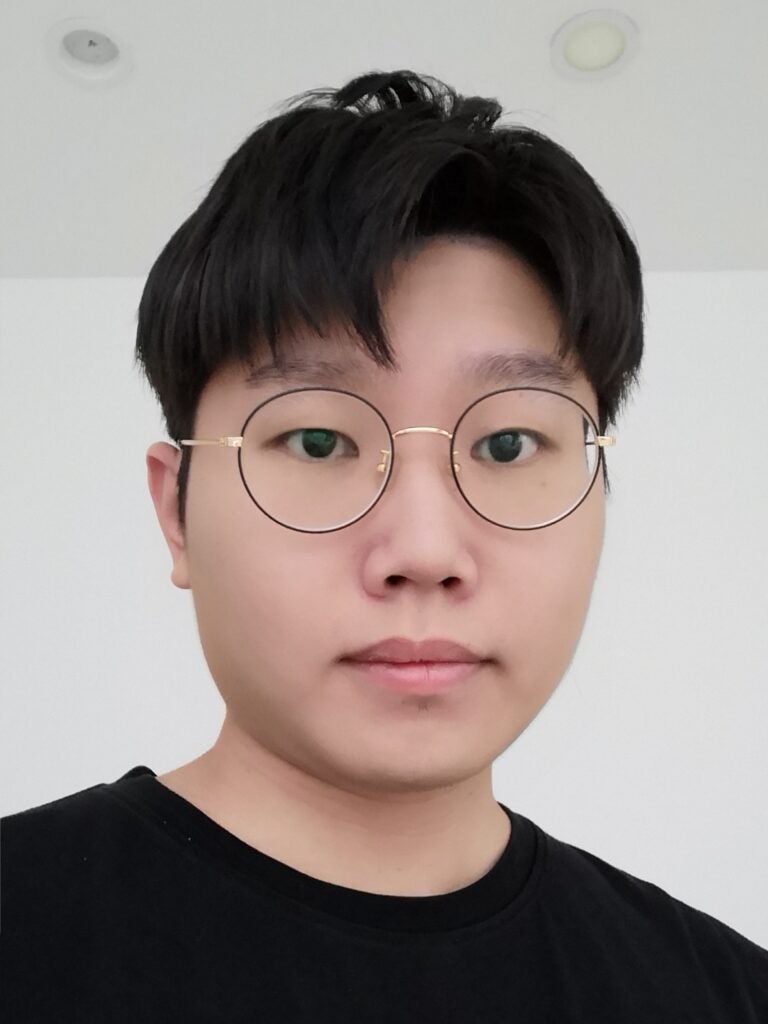
Sook-Lin Toh
Sook-Lin Toh (she/her) is a first-year PhD student and Dornsife Fellow in the Department of Anthropology at USC. Her research looks broadly at the racialisation of technology, the digitisation and algorithmic governance of social life and identity. Situating her ethnographic fieldwork in tech-for-development initiatives in Southeast Asia, specifically those headquartered in Singapore, Sook-Lin aims to explore networks of labour and affective labour in machine learning, and its entanglements with localised notions of futurity and sociality, within the particular geopolitical and national orientations of the Singaporean developer. In studying the developer, she hopes to understand how subjectivities and environments of technological development may implicate marginalised communities in algorithmic governance and violence. Against a backdrop of Transpacific flows of knowledge, financial and human capital, this project hopes to begin conceptualising how the Singaporean tech community view the nation’s positionality and potential in a global market, in part constructed through the lens of a ‘Silicon Valley’ imaginary.
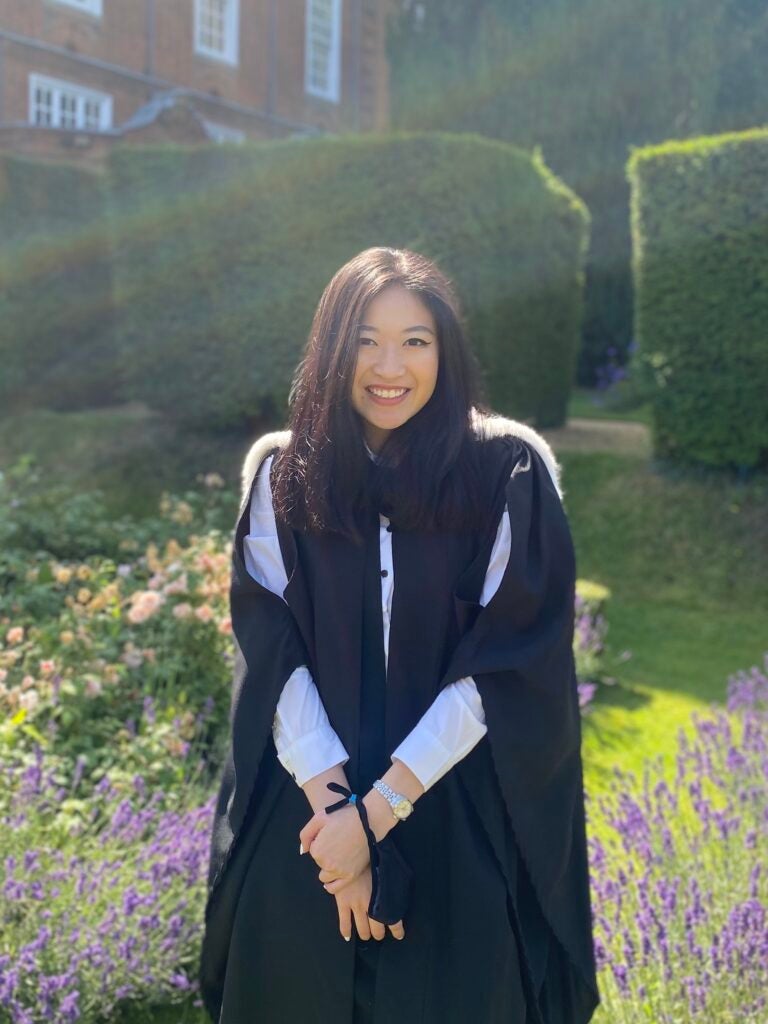
Ann Ngoc Tran
Ann Ngoc Tran is a Ph.D. Candidate in the Department of American Studies and Ethnicity at USC. Her research interweaves Critical Refugee Studies, Native and Southeast Asian Maritime Studies, and Black feminist frameworks to study the oral histories and cultural narratives of boat refugees in the wake of the American War in Vietnam. She looks specifically at the complex experiences of fisherfolk and the “boat people” through a material analysis of the boat, an object, archive, and infrastructure that indexes imperialism, war, and colonialism as well as survival and ordinary life-making practices across Viet Nam and the U.S. Gulf South.
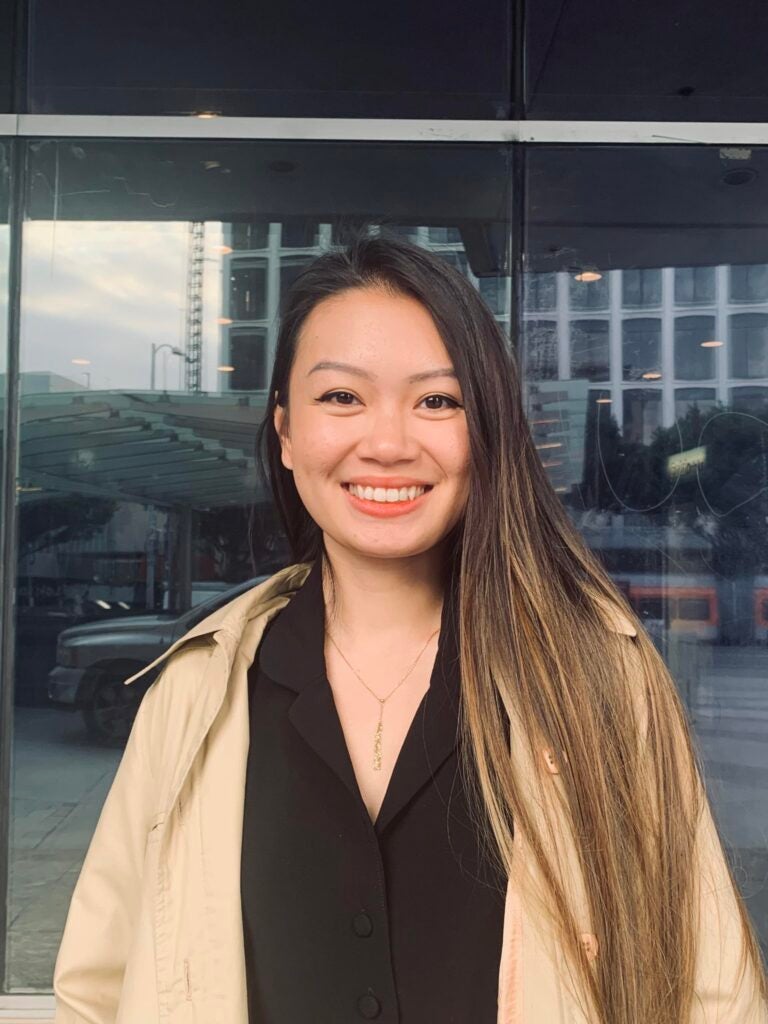
Carlo Tuason
Carlo Tuason (he/him) is a musician, curator, and PhD student in American Studies and Ethnicity at the University of Southern California. His research, writing, and curatorial practices explore visuality, acceleration/speed, creativity, and space through contemporary art and visual cultures within Asia and its global diaspora. In particular, Carlo is interested in the mechanisms of temporal-spatial organization and regimentation that emerge from the convergence of neoliberal capitalism, globalization, and urban development in contemporary Hong Kong. Through examining practices of durationality, slowness, intermittence, rapidity, and acceleration as forms of (counter-)visuality, he hopes to gain a better understanding of the inherent messiness due to overlapping systems of time, speed, and image.

Jason Tuấn Vũ
Jason Tuấn Vũ (he/they) is a first-year PhD student and Provost Fellow in the American Studies and Ethnicity Department at USC. His research interrogates the intersections of settler colonialism, militarism, and carcerality in the formation of global US empire. By engaging with the issue of Southeast Asian refugee deportation, he aims to chart a critical transpacific geography that links settler-military infrastructures to expanding US carceral power. In doing so, he hopes to bring Indigenous and refugee critiques of US empire into closer conversation, pointing toward resonant histories and potential futures of solidarity and resistance.

Tiara Wilson
Tiara Wilson is a second-year Ph.D. student in East Asian Languages and Cultures department at USC. Tiara’s research analyzes the myriad ways East Asian and Black popular cultures draw inspiration from each other to devise new forms of empowerment and liberation. Her objects of analysis include race and fandom in Japanese anime, gender and ethnicity in Chinese hip-hop, and blackness in K-pop. Regardless of the medium or content, Tiara’s research works to expose racial hierarchies grounded in anti-blackness, uplift examples of powerful critique in East Asian popular culture, challenge assumptions about black and Asian communities and assert the historical and material significance of Afro-Asian encounters across the pacific.
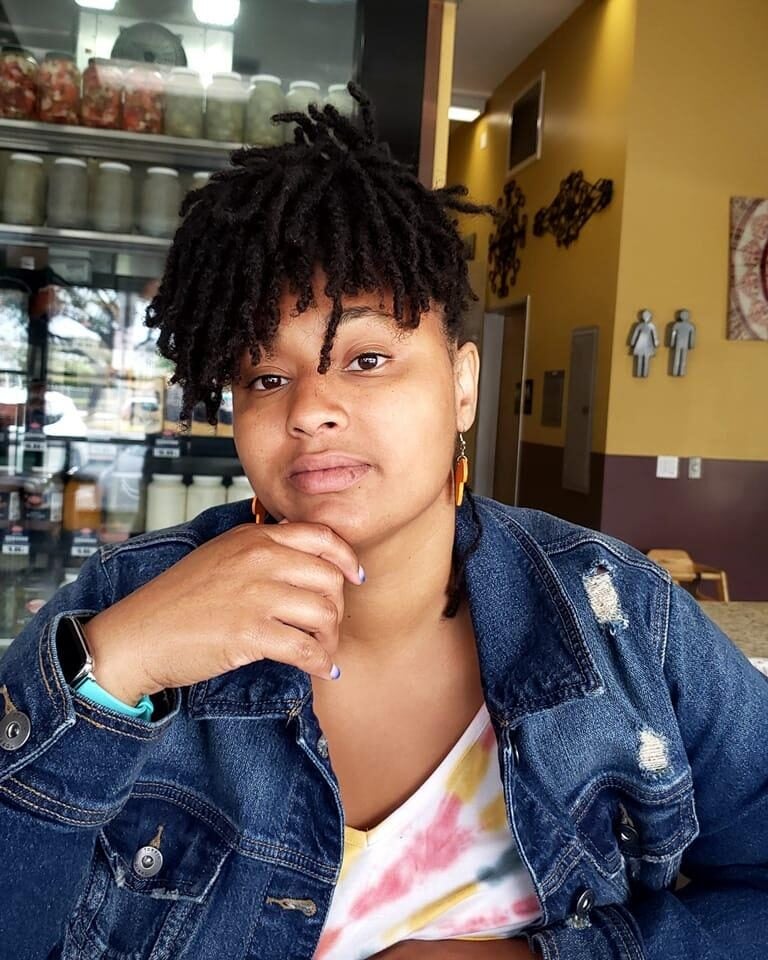
Kaiyang Xu
Kaiyang Xu got her M.A. in East Asian Studies from Duke University. She is currently a Ph.D. student in East Asian Languages and Cultures at University of Southern California. Her research interests lie in contemporary Chinese cinema and media studies, critical race theory, and tourism studies. She has done research on the Sixth Generation of Chinese filmmakers, Chinese film studios, digital media and self-made video as an empowering genre, and China-Africa mediascape. She is currently doing research on Chinese imagination and construction of cross-cultural and interracial encounters in Chinese cinema and media. She is interested in how the discourse of China-Africa solidarity, or Chinese-black solidarity, is embedded in, if not generated from, the transpacific political structures. Her works can be found in the MCLC Resource Center, Film Literature (Chinese journal, 电影文学), and Hebei Academic Journal (河北学刊).
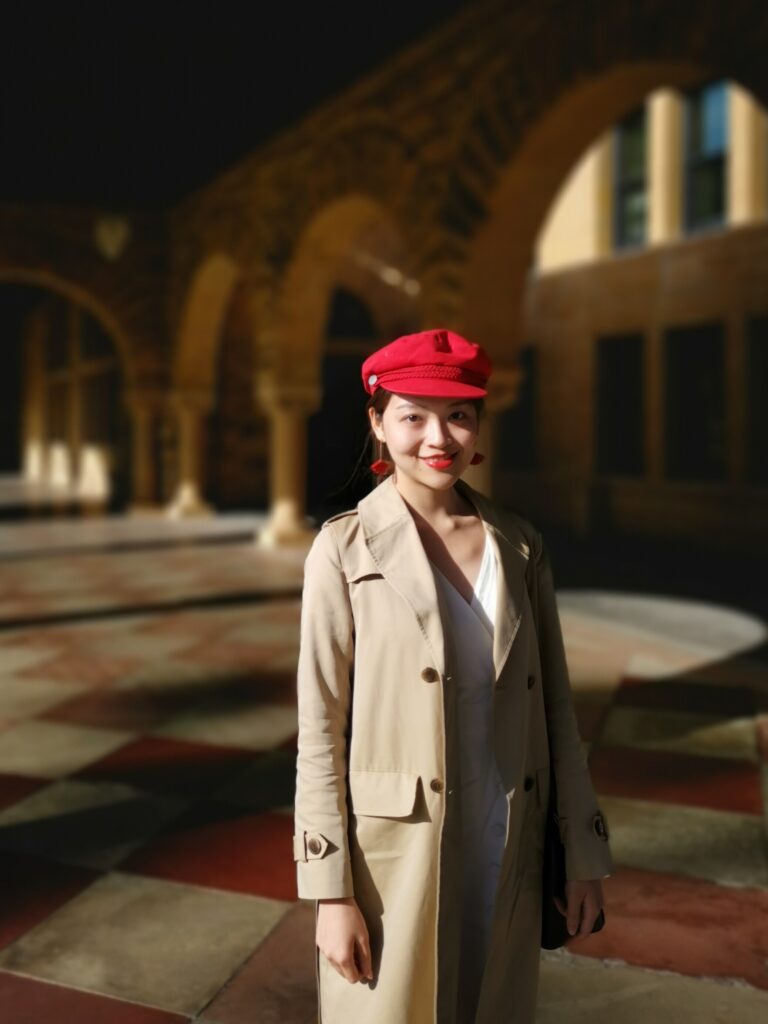
Viriya Yoo
Viriya Yoo (she/her) is a first-year PhD student in USC’s Department of English. Her areas of interest include Southeast Asian/American literature, transpacific studies, critical refugee studies, genocide studies, decolonial solidarity movements, as well as the politics of gender and sexuality. In tracing representations of Southeast Asian women, and particularly Khmer women, in film and literature, she aims to investigate the ways in which US imperialism and militarism in Southeast Asia can be situated within the larger and multiple histories and structures of settler colonialism and racial capitalism. By focusing on subject formation of Southeast Asian women within these structures, drawing from gender studies and queer theory, she seeks to analyze ways that the circulation of these figures in cultural representations may allow for potential intimacies and alliances between Southeast Asian women and other minoritized women working towards decolonial futures.
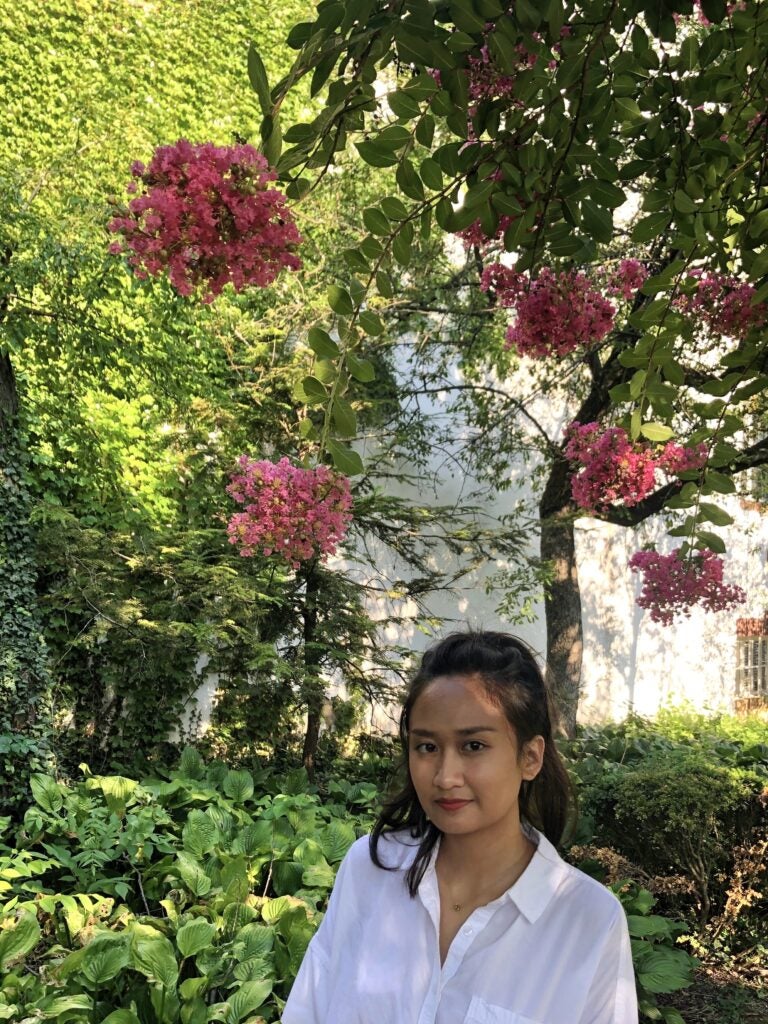
Ruohan Zhou
Ruohan Zhou is a PhD student in the History Department. Born and raised in Beijing, his research focuses on China and the Asia-Pacific during the second half of the twentieth century. His work engages with a range of themes, including urbanization, late industrialization, transnational flows of ideas and capital, social history, and global shipping and capitalism. His dissertation examines the development of Beijing’s international zone—an area initially established as a diplomatic quarter in the early Mao era that gradually evolved into the city’s business center during the Reform and Opening period. By tracing the transformation of this urban district, he seeks to illuminate China’s broader transition from high socialism to market reform through the intersecting lenses of urban, business, and social history.
